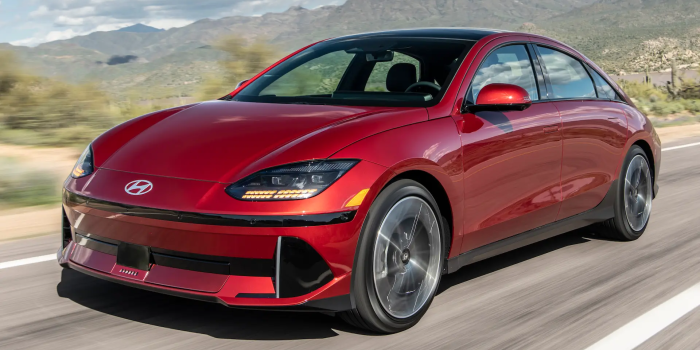Harvard University claims a breakthrough in battery technology with the development of a lithium-metal solid-state battery, a potential game-changer for electric vehicles (EVs). Solid-state batteries are considered the next frontier, offering advantages like higher energy capacity, faster charging, and improved safety.
Unlike lithium-ion batteries, which use lithiated metal oxide in their cathode, Harvard’s lithium-metal battery employs lithium in its anode, promising enhanced performance. The critical issue with lithium-ion batteries is dendrite growth, tiny spikes that can lead to internal short circuits and degradation. Harvard’s researchers claim to have mitigated dendrite formation by introducing extra layers of materials, including micron-sized silicon particles, on the anode’s surface. This innovation results in more even plating, preventing dendrites from developing.

According to Xin Li, Associate Professor of Materials Science at Harvard, the lithium metal wraps around the silicon particle, resembling “a hard chocolate shell around a hazelnut core in a chocolate truffle.” The prototype reportedly demonstrated outstanding performance, retaining 80 percent capacity after 5,000 charge cycles, with a lifespan exceeding 6,000 cycles. Recharging is touted to take around 10 minutes, and the anode’s energy density is claimed to be ten times that of lithium-ion batteries.
While these advancements appear promising, the road to commercialization presents challenges. Solid-state batteries require more lithium, potentially increasing costs and posing supply chain issues due to anticipated shortages of battery minerals. The complexity of manufacturing may also contribute to higher costs. Furthermore, transitioning from laboratory breakthroughs to widespread commercial use is a complex process with significant time implications.

In electric vehicles, where excitement over technological advancements is high, it’s essential to acknowledge the practical challenges in scaling up production. Even with promising developments like Harvard’s lithium-metal battery, the timeline for mass adoption remains uncertain, emphasizing the significant gap between laboratory success and widespread commercial availability.


